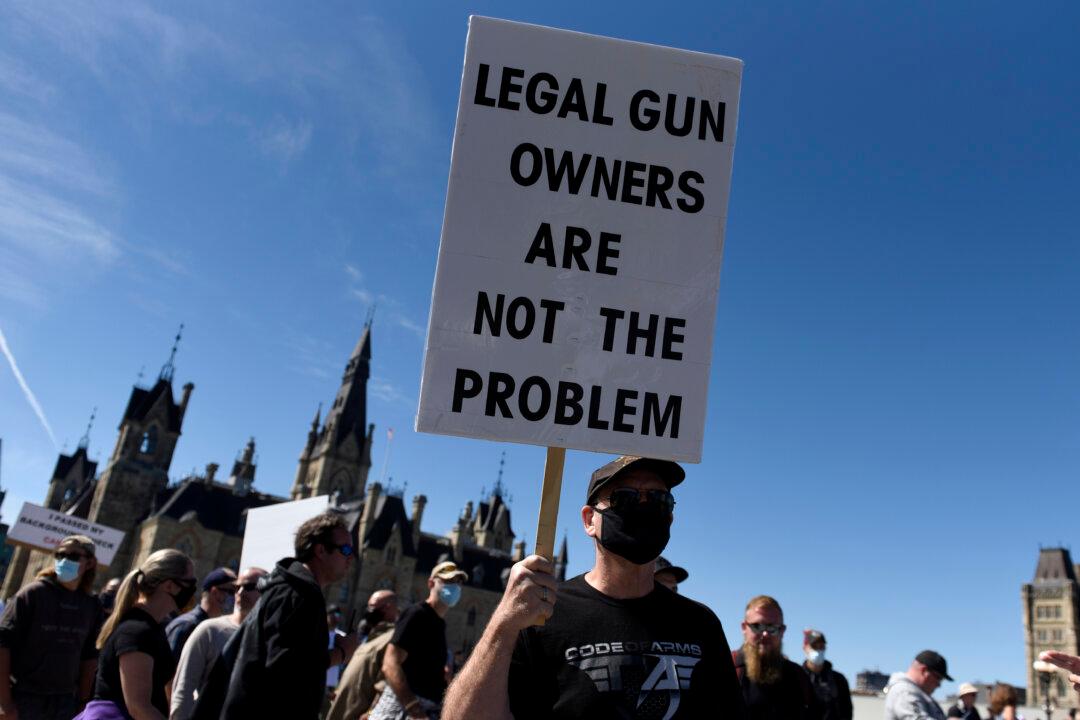The RCMP union says the Liberal government’s firearm ban targeted at legal firearm owners, does not address the “more immediate and growing threat of criminal use of illegal firearms.”
The National Police Federation (NPF), a union that represents 20,000 RCMP members, issued a statement (pdf) on Monday to express their concern over the rising number of illegal guns and shootings in Canada. It says the firearm bans by the liberal government have in fact diverted “extremely important personnel, resources, and funding” away from addressing the root causes of gun violence—illegal guns trafficked across the Canada-U.S. border and criminals using the firearms to commit crimes eventually





